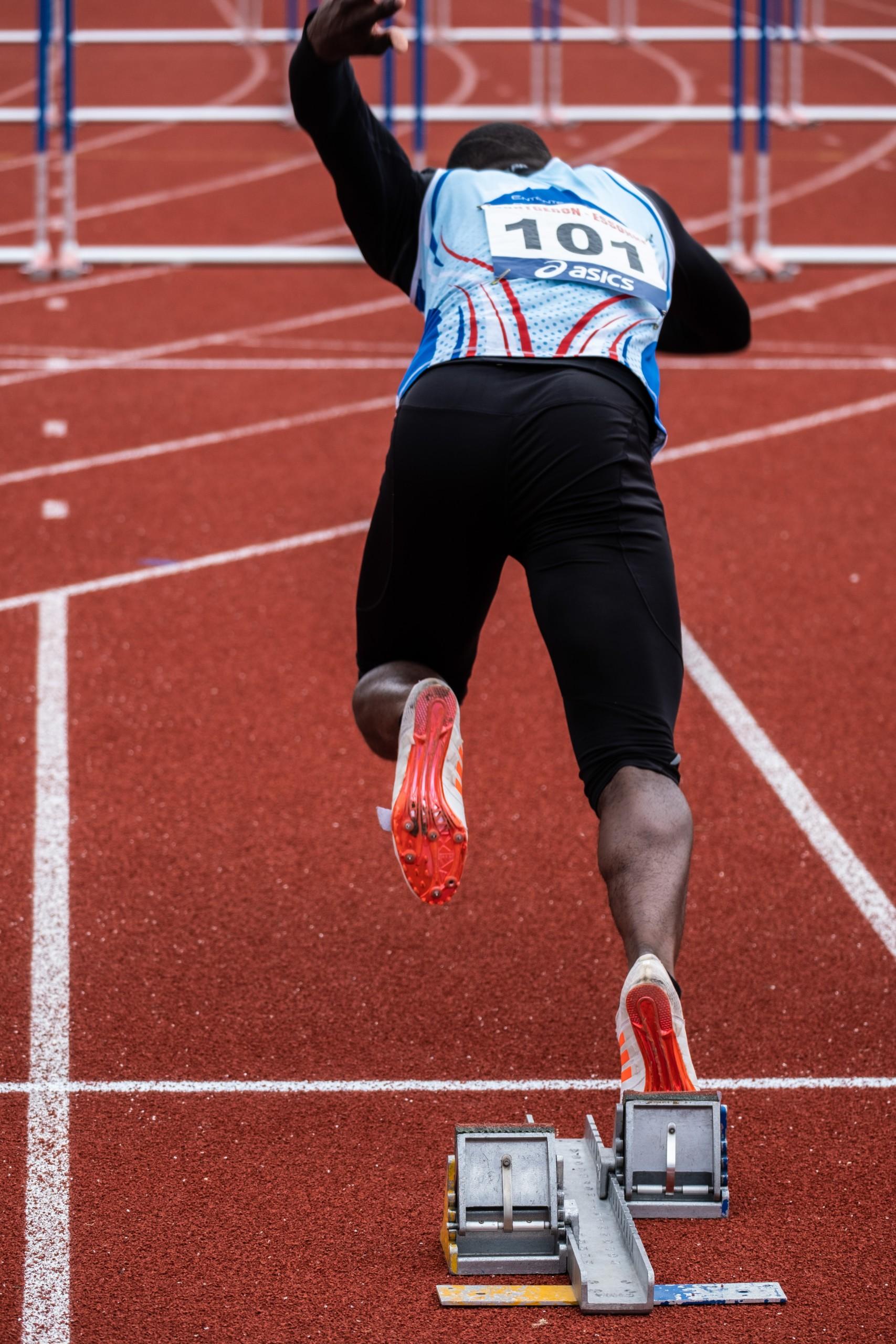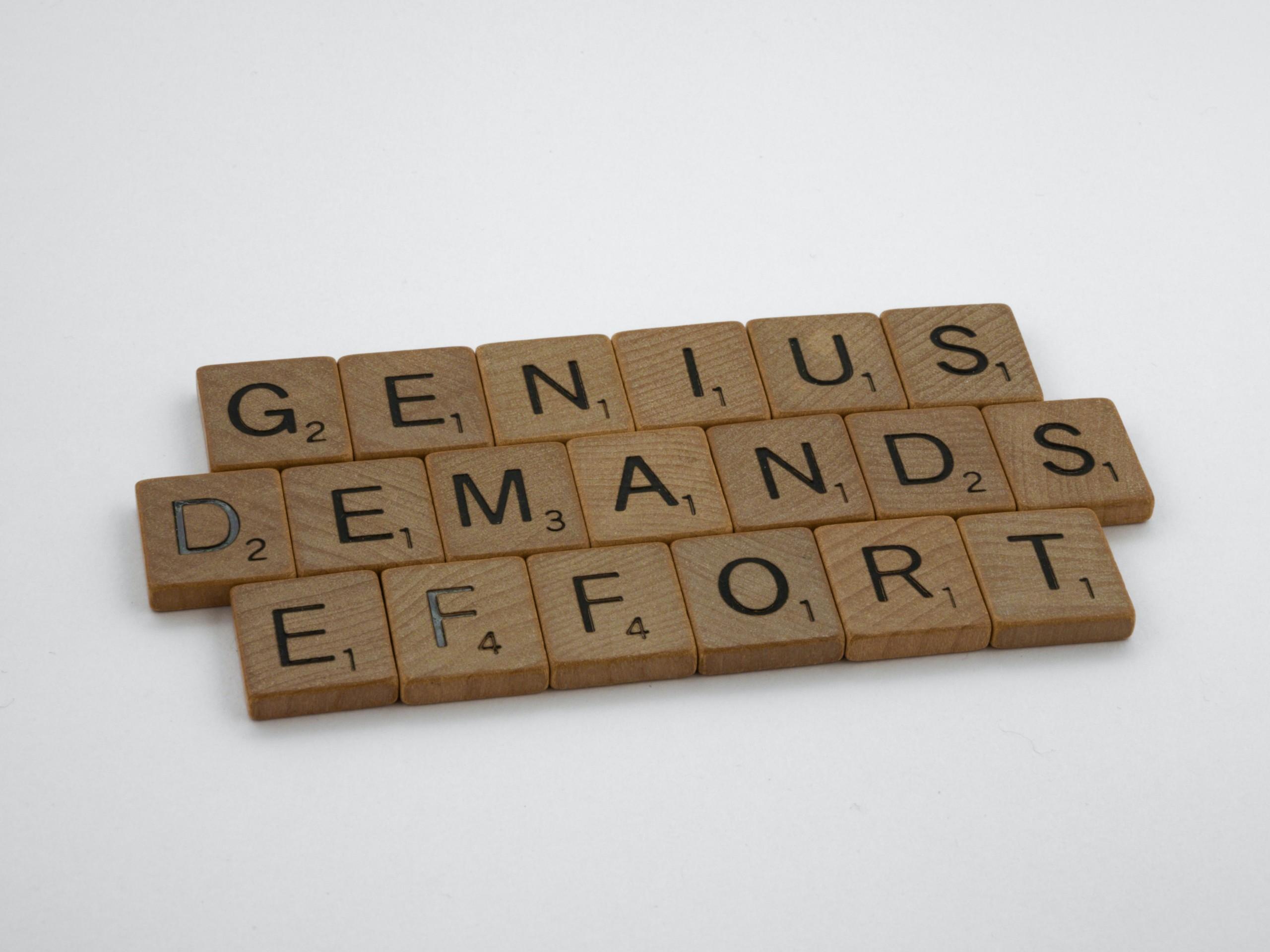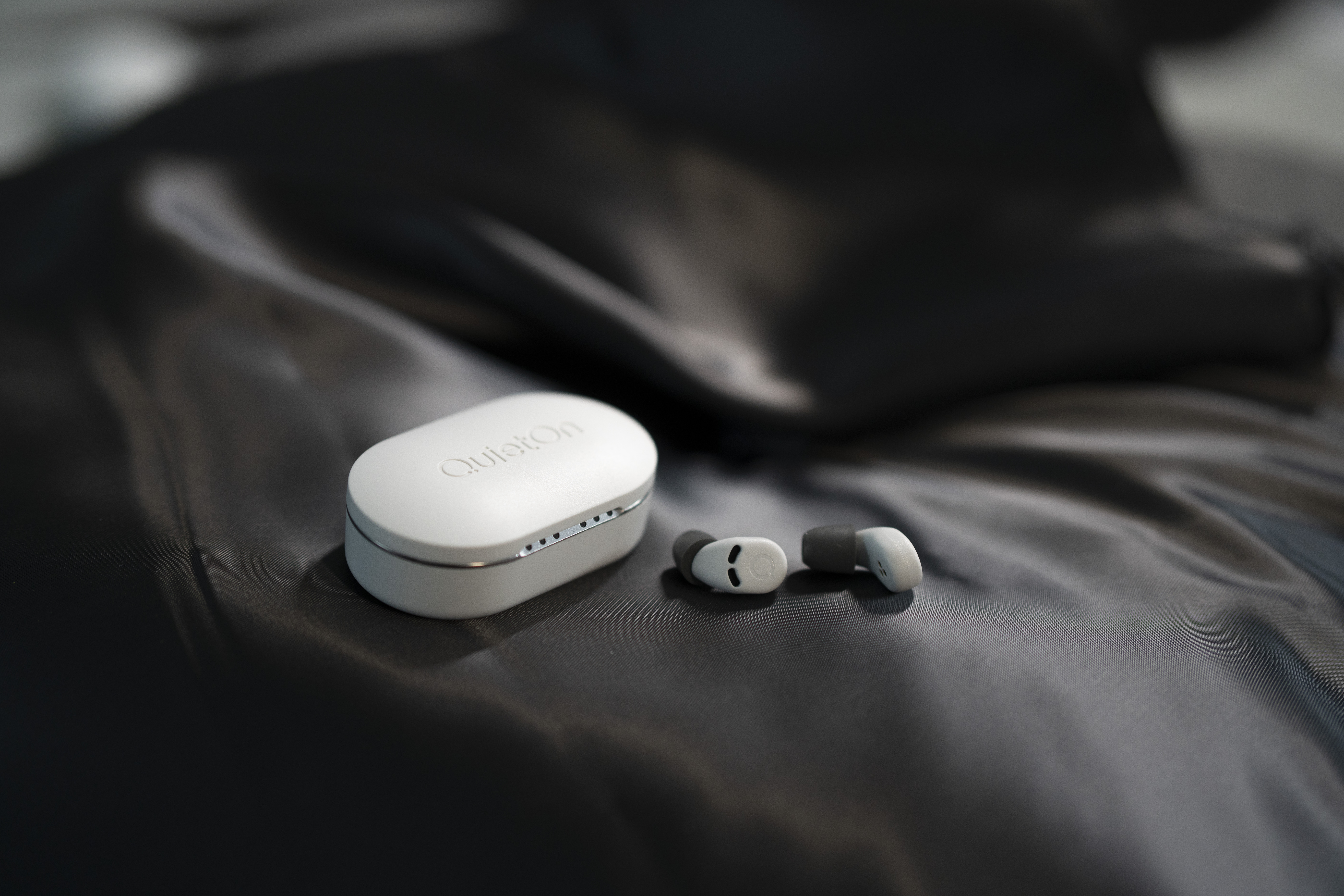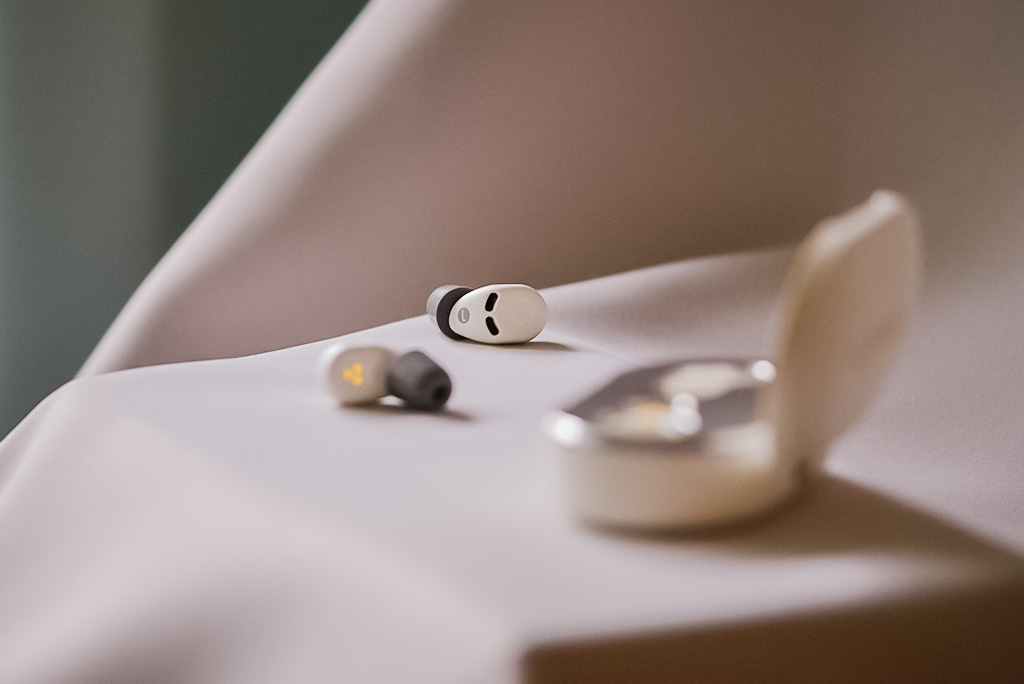Your cart is currently empty!
Sports performance – the key ingredients for better results
In this article we take a look at all the main ingredients that make the soup (or should we say the protein shake) of better sports performance. Whether you’re aiming to become a professional athlete or simply wish to improve your everyday capacity, this compilation applies to you. We’ll progress from the top of the…

In this article we take a look at all the main ingredients that make the soup (or should we say the protein shake) of better sports performance. Whether you’re aiming to become a professional athlete or simply wish to improve your everyday capacity, this compilation applies to you. We’ll progress from the top of the pyramid to its base rock.
1. Practice makes perfect?
2. Unwind from sports performance
3. Even athletes need a safety net
4. Nutritional cornerstones of sports performance
5. Take a rest from sports performance
Practice makes perfect?
Let’s suppose you’re asked, what is the most important factor in a better sports performance. The easy first answer would be practice, right? To become better in anything you need to refine your qualities and hone the skills you either do or do not yet possess.
However, this is only the tip of the iceberg (no matter how ice cold you are in doing mountain climbers at a Crossfit gym). Practice is the tip simply because it needs so much more to back it up. There are other way more important elements that form the foundation and in fact, enable the performance altogether such as nutrition and sleep. Exercising for the sake of exercising disregarding the consequences is a road to doom, as we’ll gather further on.

This said, the importance of practice and exercise should not be understated. The important thing is not to push yourself to the limit every time, but on the contrary to refrain from doing so during most of the time. 70-80 % of all your exercise should be done at a low to moderate heart rate level. Compare this to a sports car. If the pedal is already to the metal, what’s left to give, except to give in? The key is programming. Leaving room for recovery also leaves room for development. This way, when you do give all you got, you actually have the capacity and if the recovery measures are up to speed, you’ll come out with your condition peaked.
The same goes with coaching. If your trainer is any good, he/she knows when to push you and when to hold your horses. Continuing with the automotive and equine lingo, the trainer should more often be a handbrake than a whip.
Unwind from sports performance
You often hear people define themselves through the things they’re passionate about and this most definitely applies to sports: “I am a runner” or “I am a hockey player” etc. It’s ok to feel this way and identify yourself at least to some extent by what you like to challenge yourself with. The higher your goals are and the more professional you aim to become, the more your life naturally revolves around your sport of choice.
This however has the potential of leading into a downfall as well. Let’s say you’ve invested pretty much everything to compete in a certain sport. You’ve spent time and effort practicing your skills, paid a great amount of money for first class equipment, coaching and medical attention, as well as sacrificed mental capital and, in the worst case, relationships. Pretty much the only thing in your life is the sport you do. Suddenly you get seriously injured and can’t do it anymore – possibly ever. What then?
Some athletes face pretty much the same crisis through no more dramatic circumstances than retirement. Up until that point an athlete might have spent his/her entire adult life concentrating on one thing. Suddenly all the routines are left without a goal. It’s fairly easy to see how this might make taking care of oneself seem pointless, cause a sense of uselessness and effectively drive one to lose oneself. The world has lost many famous sports veterans to this phenomenon, of which the tragic story of the Finnish cross country skier Mika Myllylä is allegedly an example.
This is not meant to give the impression of a professional athletic career automatically leading into a miserable rest of one’s life. At least no more than doing sports should automatically lead to the condition of overtraining. Our hint is simply to keep yourself as invested in other pastimes and interests as possible without hindering your professional goals. This way if the regrettable situation of having to give up your beloved sport occurs, you don’t have to give up yourself.

The same goes with amateur athletes and everyday exercisers. Even without professional sports aspirations a certain sport or a method of exercise can be such an integral part of one’s life (even to an unhealthy extent) that losing it could prove devastating. Give space in your mind and time in your schedule to other things that make you happy, and it might just do wonders to your number one sport.
Even athletes need a safety net
This is closely knit with the previous subject. The more involved you become with your sport, the more important it is to treasure people who’ve got your back.
There are many athletes who have managed to channel for example their difficult childhood conditions into almost a super power on sports fields. Undoubtedly just as many, if not more, aspiring athletes have succumbed to the combination of performance pressure and the dangers of fame and fortune. A smart thing to do is to surround yourself with people who are experts in their fields and know more about it than you. This frees you up to concentrate on what you do best and also to rely on others and not only yourself.
There should also be no sports performance or competition more important than your loved ones. On the other hand you have the right to relationships that also give energy, not just demand it. Keeping your social life in balance with your sport will keep your sport in balance too.
Nutritional cornerstones of sports performance
Even though the phrase “be merciful to yourself” might be a bit used when it comes to the subject of fitness and well-being, it doesn’t make it any less wise. Your body is extremely smart and finely tuned in giving you signals – if only you’ll attend to them. This can be achieved through awareness which in turn is reachable through information. Just as we promised you could be merciful to yourself, we’re now making you study, right?
Since we are all individuals with individual needs, and different sports have such different requirements, declaring one universal diet supreme over others would be practically impossible. What we can do, however, is to give you some pointers. You can of course always hire a nutritional coach (as many professional athletes do anyway) but even then adopting not only the habits, but the science behind them, can prove beneficial.
Amount/quality of food/energy
It’s understandable that for some people the simple idea of weighing their food to a gram and calculating its contents to a calorie peaks their stress level. In them an approach like this could lead to a sense of helplessness which could then result in a way worse diet than they’d find simply by listening to their body.

Meanwhile others find a meticulous diet more stress-free and in fact liberating, and this is often the case with athletes. The more professional an athlete, the more detailed usually the diet plan. Athletes are more used to a disciplined lifestyle in the first place, and the better ability to perform and recover, which are collateral effects of a personal food plan, works wonders for the motivation of keeping it up.
Short-sightedly the most important thing in an athlete’s diet is making sure it contains enough energy. There are many ways of determining this but one of the most well-known is the Harris Benedict equation.
Farsightedly it is highly recommendable, if not necessary, to also look into the sources of the calories. Even though it would be easy to guarantee sufficient energy levels by eating pizza, hamburgers, ice cream and candy all the time, it should be noted that food like this brings you a ton of things you only need (hard fats, sugar, etc). Clean food is often not that dense in calories which means that it has to be consumed in greater volume.
Amount and rhythm of meals
The classic recommendation of 3 balanced meals and 1 to 3 snacks during a day takes you a long way. However, it’s far from being the only correct way to go. The number of meals per day is hugely influenced by the amount of calorie input needed to keep you going. If you’re for example a triathlete, during training season you probably eat more like seven times per day.
Another classic rule of thumb is to eat after every 3-4 hours. This too is a flexible rule and the more you have to consume during the day the shorter the time between meals naturally is. This not only makes it easier to consume great amounts of food but also helps in keeping your energy levels even.
In comparison to the need to eat practically as much as possible to be able to keep up with one’s consumption, there are methods such as intermittent fasting. However, one should note that these practices serve different purposes.
Water
Water’s essential role not only to your sports performance but to your overall health and well-being is best described with the fact that approximately 60 % of your body mass is water. This means that basically everything in your body functions in an aqueous solution. Still having a hard time fathoming why it’s important for a grown up to drink 2-3 liters of water per day?
The need and practical possibilities for drinking water during a sports performance is of course dependent on the sport. You rarely see a javelin thrower holding a drinking bottle in the other hand while tossing the spear on its way. The important thing is to secure the level of hydration before and after the performance, and if the actual practice or competitive performance lasts for an extended period of time, to keep one self hydrated throughout it.
Not drinking enough water easily leads to a vicious circle in which dehydration causes fluid absorption problems which in turn cause decreased sense of thirst and so on. Dehydration also effectively keeps your body more acidified, hindering bodily functions and the immune system.
Take a rest from sports performance
Recover and recuperate
As we’ve covered before, no matter if you’re an athlete or an everyday exerciser your development will stop at some point and begin to descend if you systematically push yourself too hard and don’t pay attention to recovery.
The body and especially the nervous system needs time to recover enough from the previous exercise or competition before another one is attended to. This way it has the opportunity to acclimate to new levels of strain, and in fact develop. As you might remember, the flipside is a sort of a downward spiral, eventually leading to a sick leave or in the worst case, death from a seizure.
Read more about the relation between rest and sports in our earlier article.
Sleep
Last but most definitely not the least in our listing is sleep. In fact it’s not only the most important enabling factor for any athlete but the most crucial element for anyone’s well-being.
In an athlete’s lifestyle the importance of sleep is even more emphasized simply because their day-to-day life is more strenuous. Mostly this manifests itself in a need for more sleep than in adults on average. The examination of sleep should of course not be limited to its length but also reached to its other qualitative factors such as regularity, ability to fall asleep and the level of interruptions during the night. As studies have shown that sleep is needed to restore both our body and mind, the more professional an athlete is, the more essential it is to make the effort of guaranteeing the best possible sleep. Read more on sleep and athlete recovery here.

This, however, is not always in the hands (or even the eyelids) of the athlete. In cases of for example noise disturbance there are aids such as QuietOn 3, the best active noise cancelling earbuds for sleeping on the market. They not only enable you to fall asleep faster, but they also help you to sleep more soundly. Check out in more detail the many ways QuietOn can help improve your sleeping and this way also your sports performance.
One last thing to keep in mind with sleep and exercise is the timing of workouts. If you’re struggling to fall asleep, one of the reason might be excercising too late. There are various studies stating that there should no exercise within the last 2 hours before bedtime. Also, a morning workout might give you a nice boost for fat burn, while afternoon is the time for optimal performance. Read more on this article.
References
https://an.athletenetwork.com/blog/the-7-most-important-people-in-an-athletes-life
https://believeperform.com/life-after-sport-depression-in-retired-athletes/
https://www.healthline.com/nutrition/3-liters-of-water#general-health
https://www.healthline.com/health/body-water-percentage
https://www.healthline.com/nutrition/how-many-meals-per-day
https://www.omnicalculator.com/health/bmr-harris-benedict-equation
https://www.runtastic.com/blog/en/is-sleep-more-important-than-exercise/
https://www.verywellfit.com/nutrition-vs-exercise-80-nutrition-wins-3121406
https://www.verywellfit.com/what-is-moderate-intensity-exercise-3435400
Related articles
Rest Days
Athlete Recovery – The Importance of Good Sleep
Previous article
Improve Sleep Quality with QuietOn






